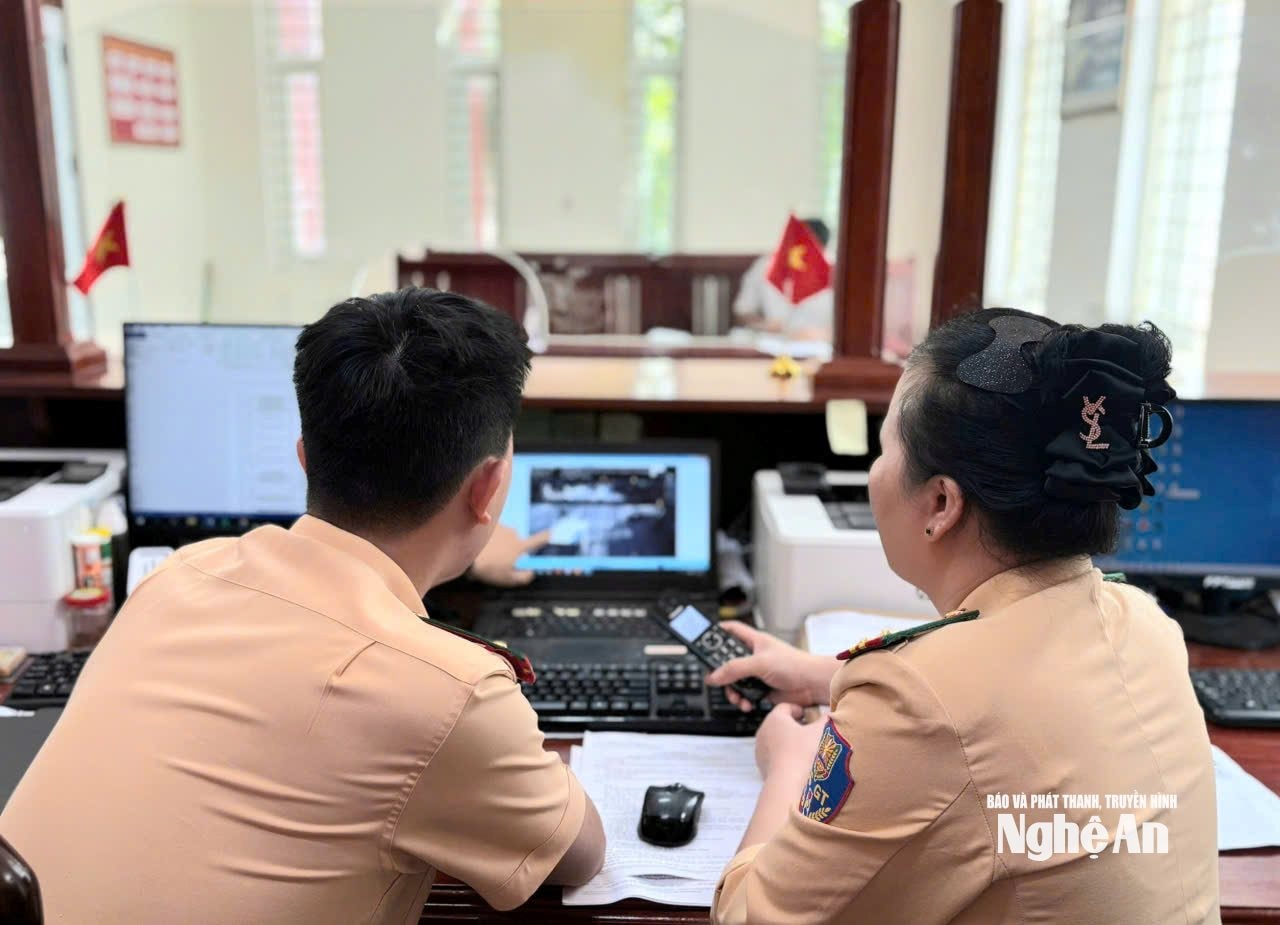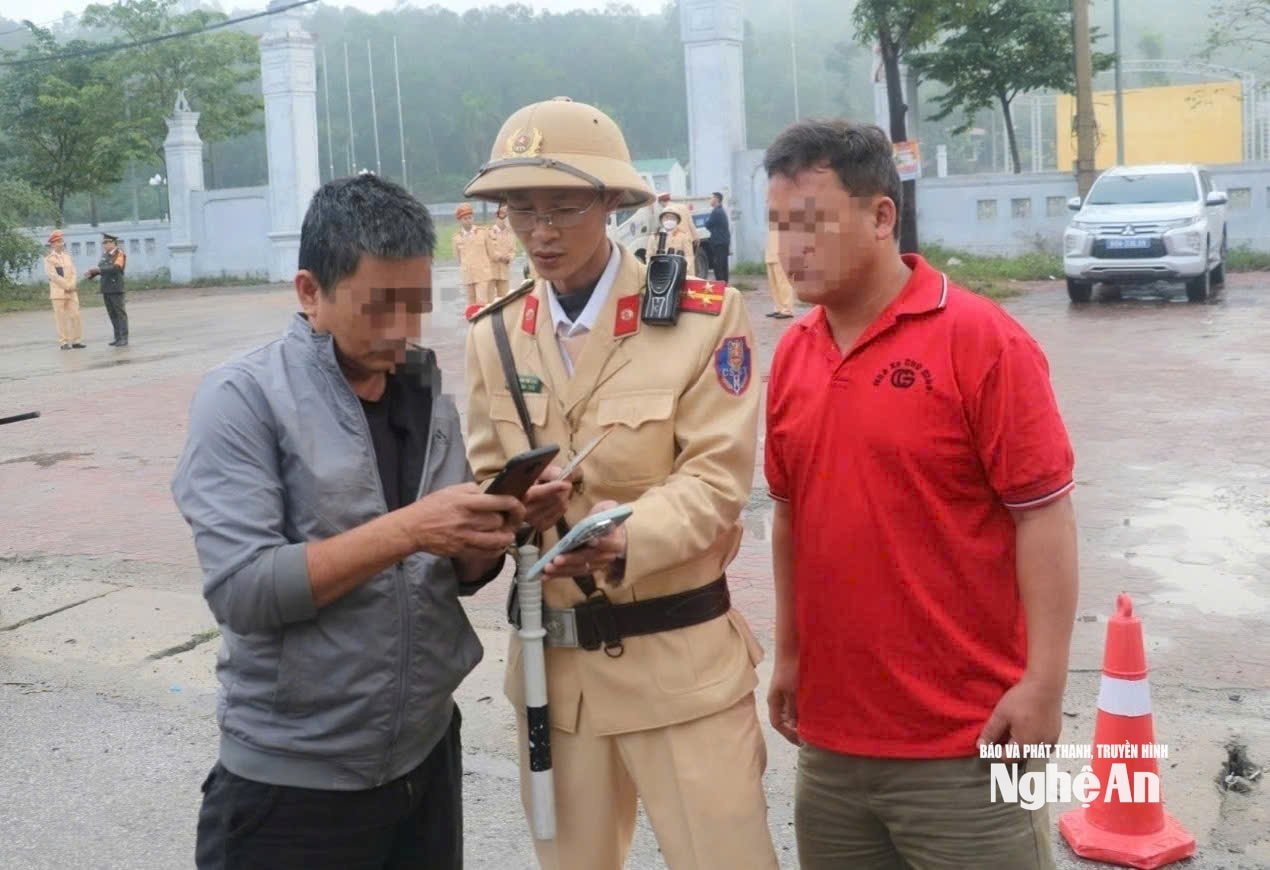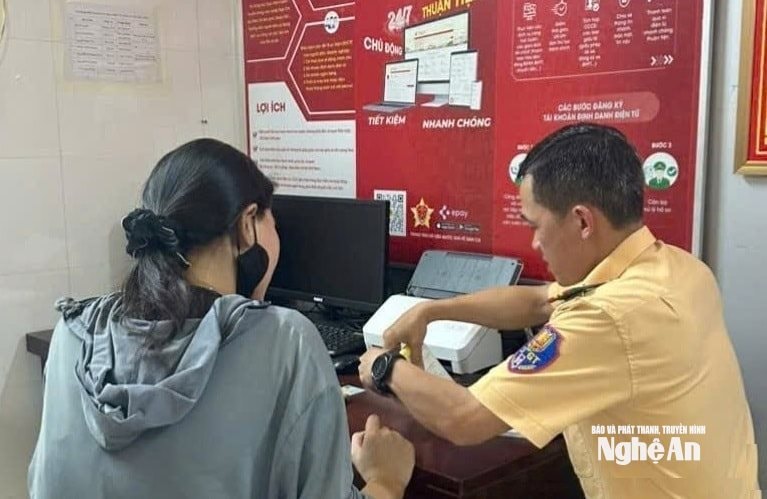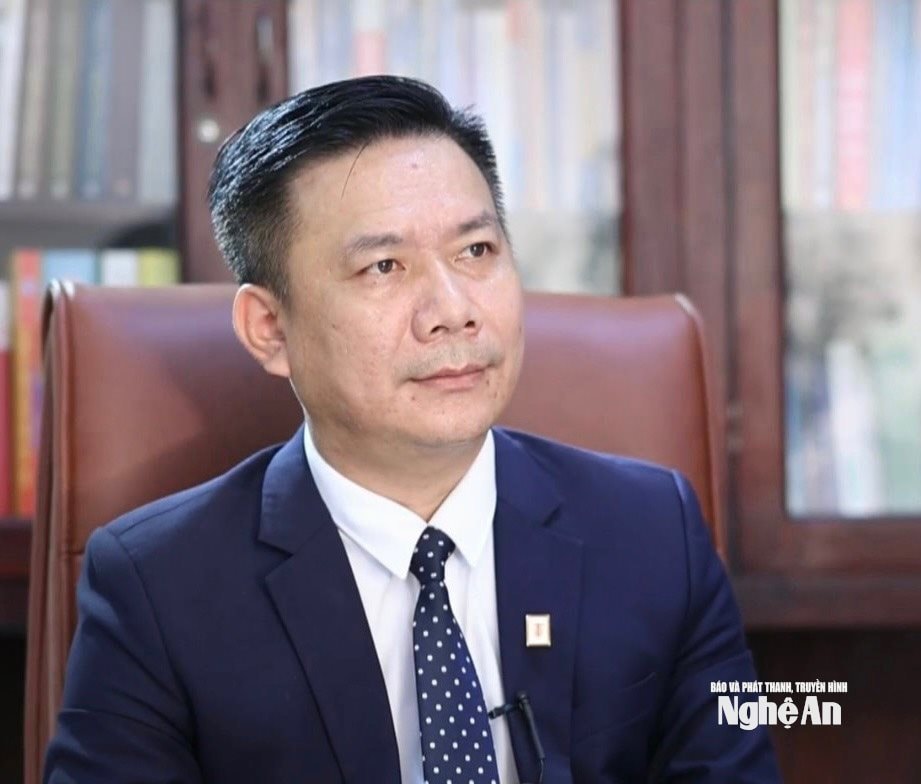Sending traffic violation reports: Proper encouragement, strict control
The Ministry of Public Security is seeking comments on a draft Circular regulating support payments for individuals and organizations that provide information reflecting administrative violations in the field of traffic order and safety. This draft quickly attracted public attention, when it proposed a support level of up to 5 million VND for each case.
Many opinions support this, saying that this is a practical measure to mobilize people's participation in ensuring traffic safety. However, there are also many concerns about the risk of negative consequences if the policy is not implemented transparently and strictly controlled.
Can be rewarded up to 5 million VND
According to the draft, the level of support will be based on the fine amount of the violation detected through information reported by the people. Specifically, if the fine is less than 30 million VND for individuals or less than 60 million VND for organizations, the support level is 5% of the total fine amount, but not more than 2.5 million VND. For cases of fines of 30 million VND or more (for individuals) or 60 million VND or more (for organizations), the support level increases to 10%, up to 5 million VND/case. The support amount will be paid within 30 days from the date of the penalty decision, after verifying that the information is accurate and valid as a basis for administrative sanctions.

Information about this draft immediately received attention from the people. Many people expressed their agreement and were willing to participate in providing information, considering this as both contributing to maintaining traffic order and safety and bringing in a legitimate income. Mr. NVT, a motorbike taxi driver in Thanh Vinh ward, said: “I often stand at intersections and crossroads, so I see many clear violations. If I can take the opportunity to turn around and send it to the police and get support, why not do it? It will both help society and bring in more income.”
Many other people also believe that this policy is suitable for the reality when most people have smartphones, easily recording violations. With specific guidance from the authorities, reporting traffic violations can become an effective and popular monitoring channel.

However, in addition to the consensus, there are also many opinions expressing concern. Many people believe that if "bounty hunting" is encouraged without control, it will lead to negative consequences. Secretly filming others can cause conflicts and fights; more seriously, it can be exploited to set up traps or profit from policies.
Mr. PTH, a retired official, commented: “It is undeniable that the policy is positive if it is implemented properly. But if people quit their main jobs to film violations to make money, it will turn an encouraging thing into a social problem. It can distort ethical standards and create an uncivilized environment.”
Some opinions also suggested limiting the scope of violations that are allowed to be supported when reporting, prioritizing dangerous and difficult-to-detect behaviors such as using fake license plates, running red lights in places without cameras, speeding, or violations that pose a risk of serious consequences. This approach both ensures the original goal of the policy and limits the widespread "reward hunting".
Tight control
In reality, the traffic safety situation is still complicated. The awareness of law compliance of a number of traffic participants is still limited, while the camera surveillance system has only been deployed on some key routes and areas. The traffic police force is still small, making it difficult to control comprehensively and continuously in all areas.

Faced with this situation, the movement “All people participate in detecting and providing information to reflect traffic violations” has been launched by many localities and initially brought positive results. Many acts such as going against traffic rules, stopping and parking in violation of regulations, overloading, running red lights, etc. have been recorded by people and sent to the authorities for handling.
To increase efficiency, the Traffic Police Department has recently established a system to receive information about violations nationwide, publicly announcing the phone numbers of Traffic Police Department Heads in localities, integrating them into platforms such as Zalo, Viber, etc. Major General Do Thanh Binh - Director of the Traffic Police Department also publicly announced his personal phone number to receive direct feedback. Official channels such as the Department's website, Facebook fanpage and Zalo account are also being maintained.
All feedback from the people is received, checked and verified carefully. After clearly identifying the violation and the vehicle owner, the authorities will invite the violator to work and handle it according to regulations, with the principle of "correct punishment, strict punishment, no mistakes".
Lieutenant Colonel Hoang Manh Hung - Deputy Head of Traffic Police Department, Nghe An Provincial Police
However, due to the lack of a clear support mechanism, people's participation in reporting violations is still limited and not really widespread. The new draft Circular is expected to help create more motivation and encourage widespread community cooperation in ensuring traffic order and safety.
According to the draft, to receive support, the information must be in the form of video (with or without sound), recorded by the individual/organization using a handheld device or mounted on a vehicle; without using specialized equipment installed according to regulations. In addition, the violation must occur in a place without a camera surveillance system or without functional forces on duty at the time of recording.
The information must be original, unedited, objective, truthful, and clearly state the vehicle, license plate, time and location of the violation. The person providing the information must comply with Decree 135/2021/ND-CP on the use of technical data as a basis for sanctions. Only when the information is verified and a sanction decision is issued, will the competent authority make support payments.
The support will be paid through bank accounts or directly at the Traffic Police Department. However, the payment mechanism needs to be designed tightly and clearly to prevent exploitation for personal purposes.

Dr. Lawyer Nguyen Trong Hai - Director of Trong Hai & Associates Law Firm, said: "Until now, even without bonuses, people still proactively provide information on violations. Having a support policy will help motivate and encourage more. In the context of the functional forces not being present everywhere, people are the important link in the community surveillance network.
However, he also warned: “Support policies need to have clear limits. If not strictly controlled, there will be exploitation, 'reward hunting', and privacy violations. The important thing is to be transparent, fair, and have specific guidelines on applicable behavior, verification processes, and payment methods.”

It can be seen that mobilizing people to participate in reporting traffic violations, along with reasonable financial support, is a correct policy, consistent with the trend of strengthening the role of the community in social management. However, for the policy to be effective and avoid distortion, it requires synchronous participation from functional agencies, with transparent mechanisms, strict control, towards the goal of building a civilized, safe and humane traffic environment.


